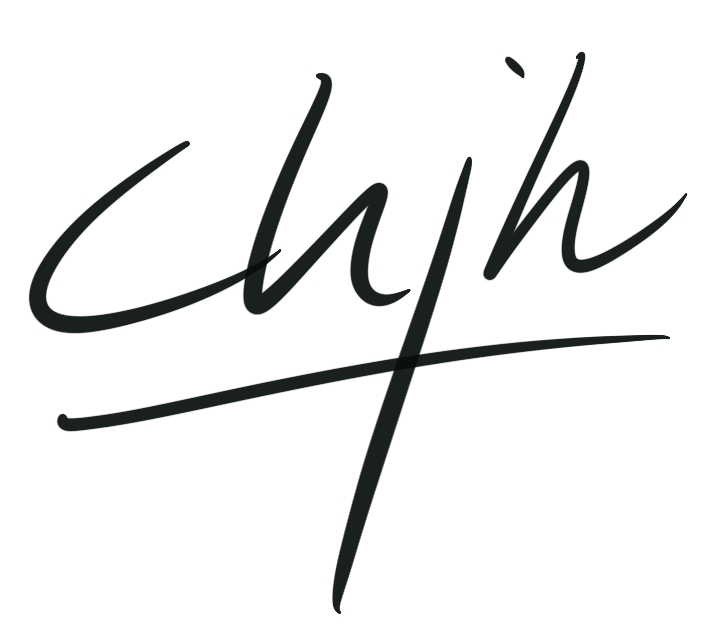The joy of compounding skillsets
Being a generalist makes you more unique then you think!

Starting a small company means the buck stops with me on everything, every time. Since founding Liberate Science three years ago, that means I’ve had to pick up a lot of skills. Where there is a gap, I either need to fill it myself or find someone to fill it.
Trained as a social psychologist turned applied statistician and meta-researcher, I now also know things about software engineering, design, community management, social media management, bookkeeping, business development, and much more. I love learning - so my curiosity is very content!
This generalist approach means I am also in no way an expert in many of these topics, which I am okay with. The idea of experts is overrated anyway, as deferring to someone because of their expertise status is an ad hominem — it elevates the person above the content.
In the past, I struggled with my self confidence as a generalist, in a world that encourages specialists. The whole idea that you need to be a specialist in your field, aim to be the best, made me put a lot of pressure on myself. “Jack of all trades, master of none” as the saying goes diminished my feelings of self-worth.
After reading books like Range, I have come to think about my skillset as compounding.
If you are a a specialist, you may be the one person out of a million people with that level of skill mastery. This is fantastic of course! It takes a lot of effort to get there, as over time marginal increases in your skill require ever more time (also known as law of diminishing returns). Examples can be piano players, professional athletes, or other domains that require specialization by definition.
If you are a generalist, you may have multiple skills that are used together to compound into your unique perspective. Like me: I may be one out of 10,000 people in my skill of applied statistics and one out of 10,000 in software engineering. Combined, those two skillsets provide me with a perspective that only one out of 10,000,000 people have! Add more skillsets, and the compounding effect grows even more.
The only downside is that this only applies when the skills can actually be compounded. My knowledge about drilling holes in the wall does not help with publishing (I think). This means that you have to let yourself be surprised by the combinations and be okay with having skillsets that are potentially irrelevant to your work. Let yourself be surprised — maybe it was about drilling holes in paywalls all along.
I do not pressure myself to be a specialist anymore — being a generalist keeps me both humble about my reasoning, and also gives me the confidence that I have a unique perspective to provide and contribute.
What are some of your compounding skills? I would love to know in the comments below.




Comments ()